Senator Jacinta Price astounded the nation during the recent referendum campaign when, courageously, she dared tell a journalist there were no ongoing negative impacts of colonisation.
The only continuing impacts, she said, were positive.
Pointing out that Aborigines have the same opportunities as other Australians, she said that constantly telling them they were victims was ‘the worst possible thing’ that can be done to any human being, creating the impression that ‘someone else’ was responsible for their lives.
Already a subscriber? Log in
Subscribe for just $2 a week
Try a month of The Spectator Australia absolutely free and without commitment. Not only that but – if you choose to continue – you’ll pay just $2 a week for your first year.
- Unlimited access to spectator.com.au and app
- The weekly edition on the Spectator Australia app
- Spectator podcasts and newsletters
- Full access to spectator.co.uk
Unlock this article
You might disagree with half of it, but you’ll enjoy reading all of it. Try your first month for free, then just $2 a week for the remainder of your first year.

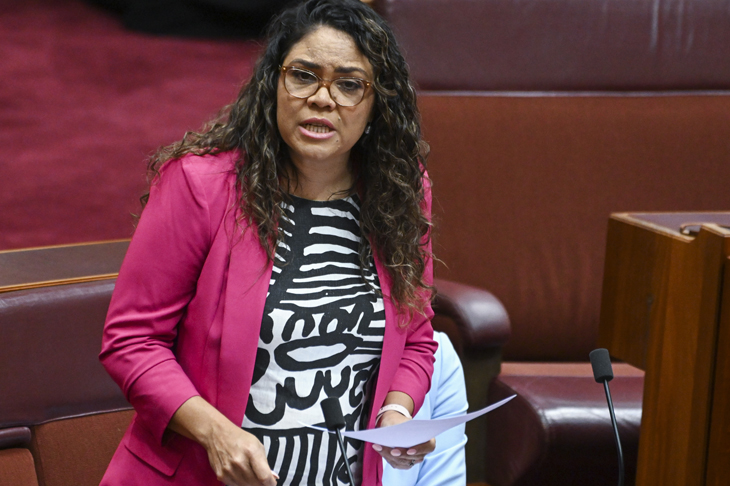

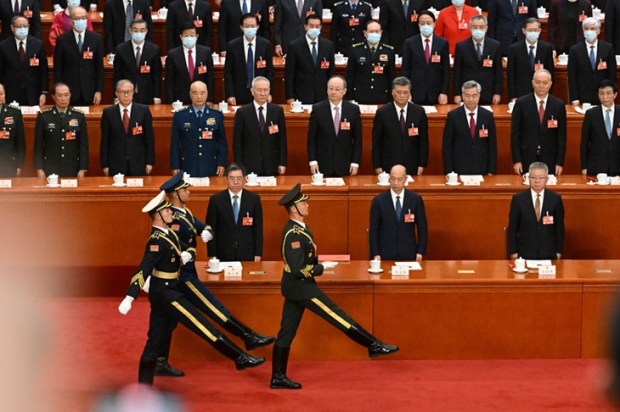
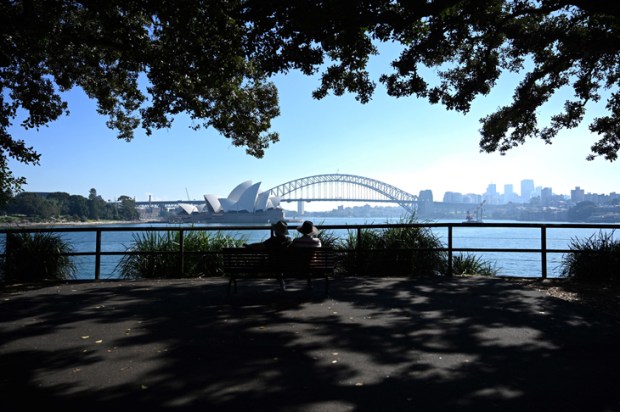
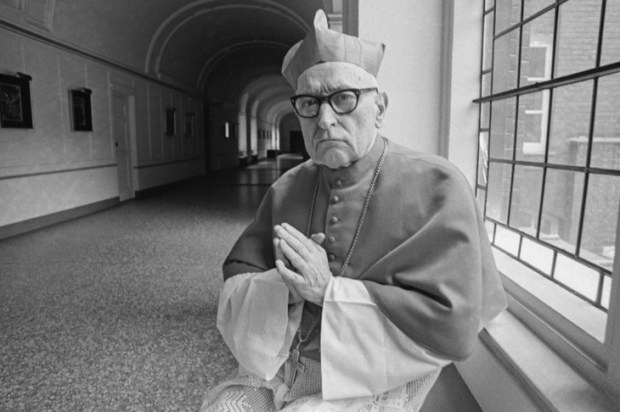
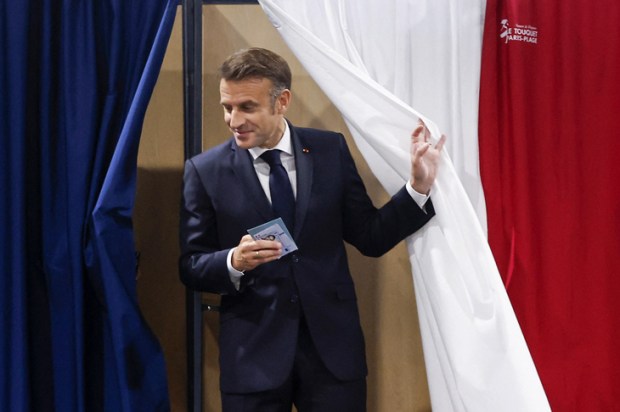







Comments
Don't miss out
Join the conversation with other Spectator Australia readers. Subscribe to leave a comment.
SUBSCRIBEAlready a subscriber? Log in